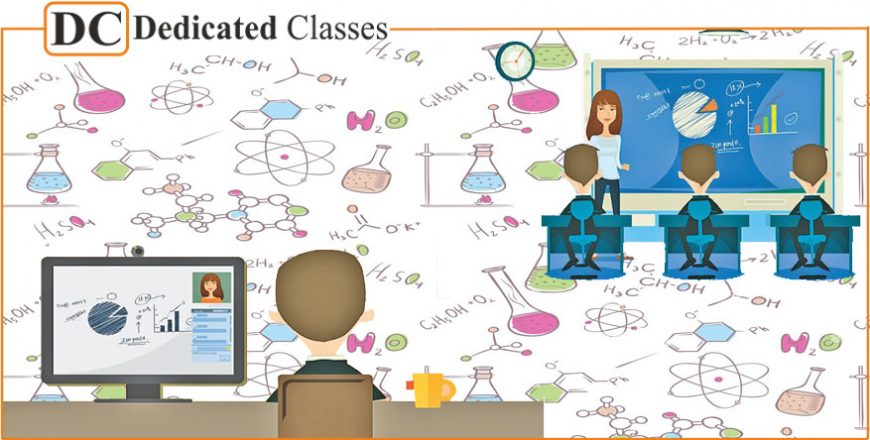Chemistry is the study of matter and its properties. It is how and why substances combine or separate to form other substances and how the substances interact with energy. The Subject primarily focuses on ions, atoms, molecules which in turn forms elements and compounds. Chemical species interact with each other and often form chemical bonds. You will get to know the interactions between matter and energy in Chemistry.
In class IX, a student learns basic concepts of matter, categorization of matters in different solutions and mixtures, laws of chemical reaction, numerical based on mole concept and molecular mass, fundamental units of atoms, calculation of atomic numbers, valency and mass numbers. Students must learn these concepts in-depth to develop their skills in the subject and build a strong foundation.

